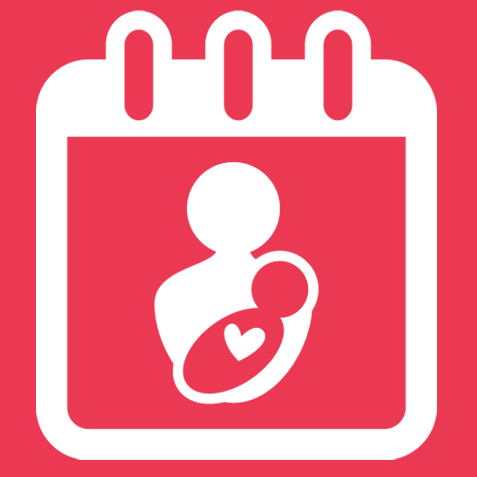Morning sickness, a common pregnancy symptom, can be both physically and emotionally challenging for expectant mothers. Despite its name, morning sickness can strike at any time of the day, leaving women feeling nauseous and unwell.
However, there are various ways to manage and alleviate morning sickness, making the pregnancy journey more comfortable and enjoyable. In this blog post, we will explore effective tips and remedies for nausea relief during pregnancy.
Contents
Understanding Morning Sickness
Morning sickness, characterized by nausea and vomiting, is believed to be caused by the hormonal changes that occur during pregnancy, particularly the rise in human chorionic gonadotropin (hCG) and estrogen levels. Morning sickness typically starts around the sixth week of pregnancy and may last until the end of the first trimester, although some women experience it throughout their pregnancy.
Empower yourself with knowledge! Use our Asha Pregnancy Calculator to find out your pregnancy period and stay informed throughout this beautiful journey.
Tips for Managing Morning Sickness
Eat Small, Frequent Meals: Instead of three large meals, try eating several small meals throughout the day to keep your stomach from getting too empty or too full.
Avoid Trigger Foods: Identify foods that trigger your nausea and avoid them. Common triggers include spicy, greasy, or strongly flavored foods.
Stay Hydrated: Sip on water, clear fluids, or electrolyte drinks throughout the day to stay hydrated. Dehydration can worsen nausea.
Get Plenty of Rest: Fatigue can exacerbate morning sickness, so make sure to get enough rest and prioritize sleep.
Ginger for Nausea: Ginger has natural anti-nausea properties. Try ginger tea, ginger candies, or ginger supplements (consult your healthcare provider first).
Acupressure: Some women find relief from morning sickness using acupressure wristbands.
Aromatherapy: Certain scents, like lemon or peppermint, can help alleviate nausea. Inhale these scents or use essential oils in a diffuser.
Fresh Air: Go outside and get fresh air, as stuffy or confined spaces can worsen nausea.
Avoid Strong Odors: Strong smells can trigger nausea, so avoid cooking or being around foods with strong odors.
Stay Upright After Eating: Avoid lying down immediately after eating. Instead, stay upright for a while to aid digestion.
When to Seek Medical Advice
While morning sickness is generally a normal part of pregnancy, severe and persistent nausea and vomiting can lead to dehydration and nutrient deficiencies. If you experience any of the following symptoms, consult your healthcare provider:
Severe and Prolonged Vomiting: If you can’t keep any food or fluids down.
Weight Loss: If you’re losing weight due to frequent vomiting.
Signs of Dehydration: If you’re experiencing signs like dark-colored urine, dry mouth, or dizziness.
Decreased Urination: If you’re urinating less frequently than usual.
Blood in Vomit: If you notice blood in your vomit, seek medical attention immediately.
Conclusion
While morning sickness can be challenging, especially during the early stages of pregnancy, it’s important to remember that it is a temporary phase. By following these tips and remedies, expectant mothers can effectively manage nausea and find relief during this remarkable journey of creating new life. If you’re experiencing severe morning sickness or concerns about your health, do not hesitate to reach out to your healthcare provider for personalized advice and care. Embrace this special time with patience, self-compassion, and the knowledge that the discomfort will be worth it when you hold your little one in your arms.

